Thriving Earth Exchange is pleased to announce our June 2023 cohort of Community Science Fellows!
They’ll be working with communities from across the United States and Mexico to launch impactful community science projects. The partnership will connect communities with scientists and technical experts and support them as they work together to tackle local challenges related to natural hazards, natural resources and climate change. Stay tuned for more information about the impactful projects to come from this launch and the communities who lead and inspire them!
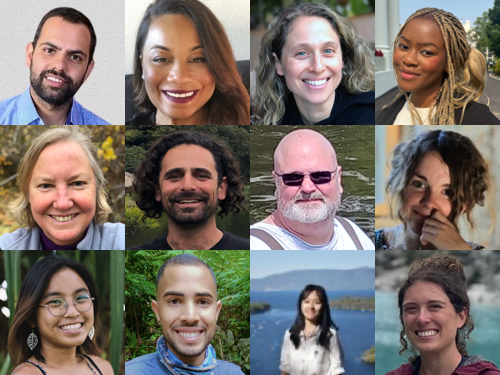
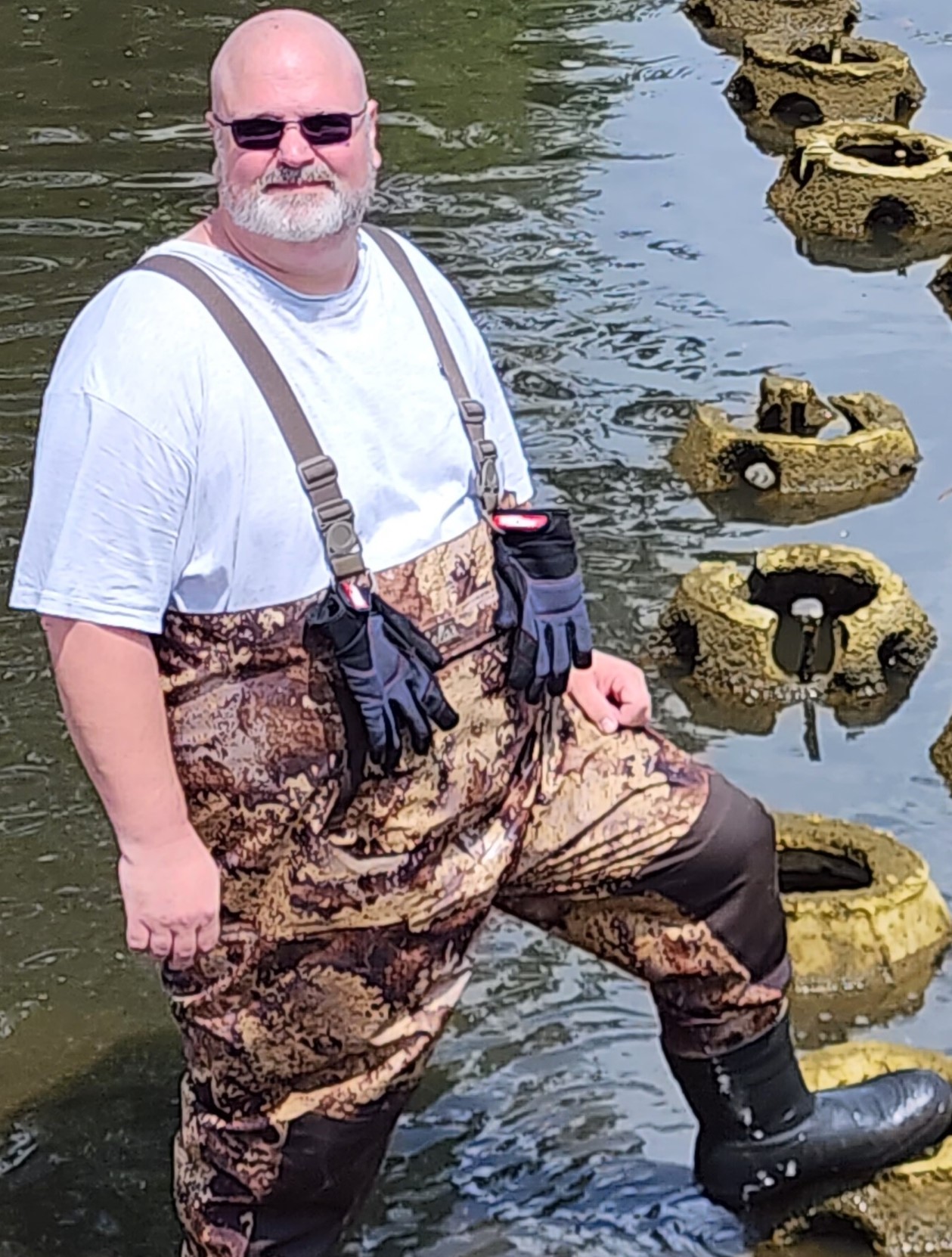
Dr. Al Nyack (he/him/his) is an Adjunct Professor of Biology at the University of New Haven and also at Albertus Magnus College where he teaches Biology, Human Anatomy & Physiology, and Environmental Science courses. In addition to teaching, Al is involved in growing Remote Ecologist—a fledgling NGO dedicated to facilitating research and conservation in the life sciences through a variety of services. Al’s research interests examine the effects of environmental changes on organismal physiology from the biochemical through whole-organism levels. He earned his PhD in Biology at the University of Rhode Island characterizing carbon anhydrase activity in cephalopods. Al is also a passionate educator who has taught extensively to audiences from kindergarten through adult in both traditional and non-traditional settings at both URI and the University of North Carolina, Wilmington. While earning his MS in Marine Biology at UNCW he was a National Science Foundation K-12 Fellow and a science outreach instructor for Marine Quest. When not in the field or classroom Al enjoys spending time with his wife and 3 kids, cooking, gardening, and playing his guitar.
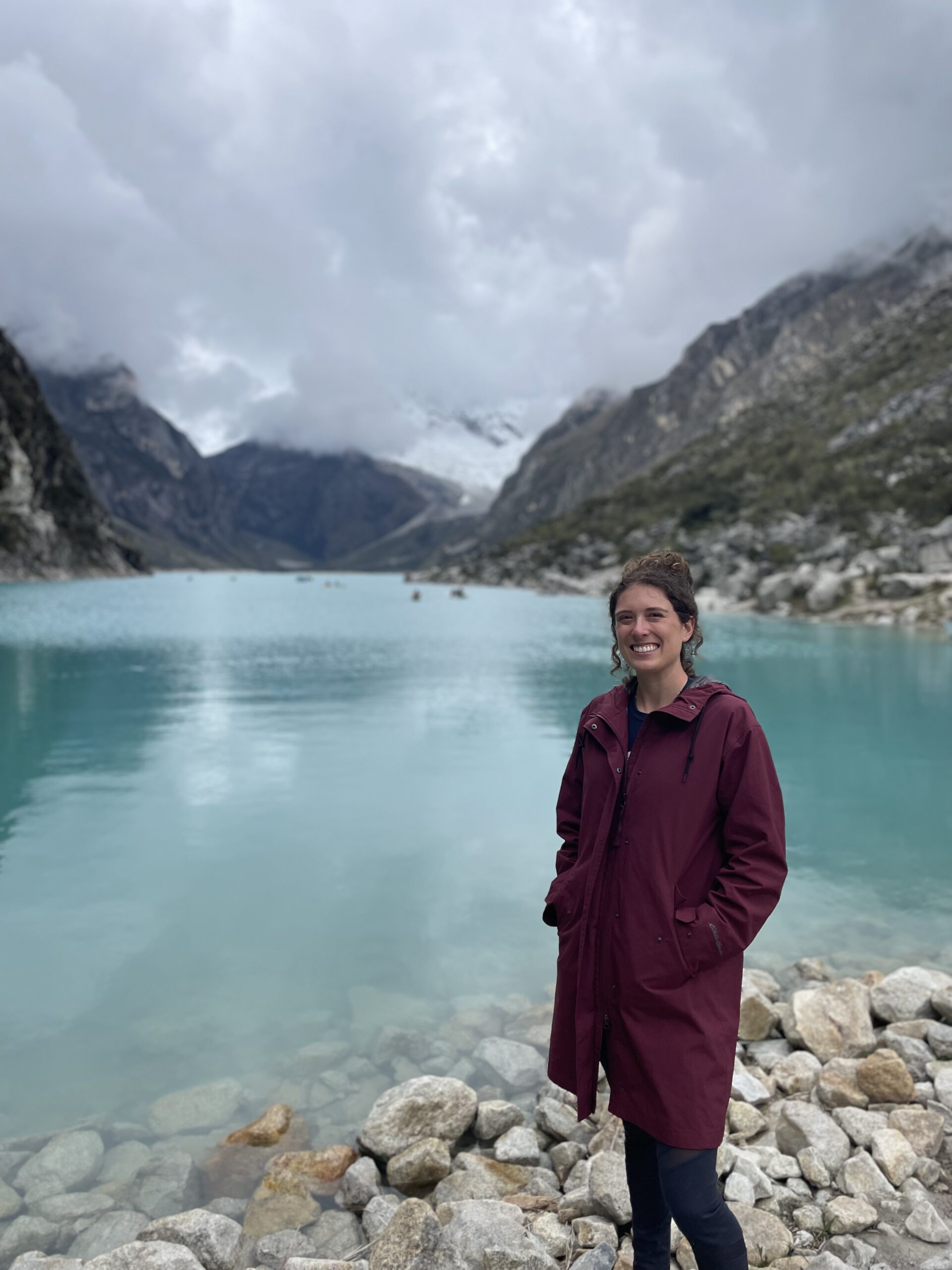
Alexandra Novak (she/her) is an NSF Graduate Research Fellow at Columbia University’s Environmental Engineering program, where she conducts research on the affordability of water utilities. She is passionate about all things water, community engagement approaches to research, and science communication. She also has worked at the Wilson Center’s Science and Technology Innovation Program, where she researched topics related to open hardware, open science, and community science. Alexandra previously worked in industry as a microscopist and completed a Fulbright Fellowship to Paraguay, where she did environmental chemistry research. She received her B.S. in Chemistry from Union College. Outside of research, she enjoys spending time with friends, traveling, and learning languages.
Anne Jansen is a recent graduate of the Master of Urban Planning and Policy program at the University of Illinois at Chicago specializing in environmental planning and policy and building a career in urban planning and climate resilience. She previously received a Bachelor of Arts in Geography from the University of Wisconsin-Milwaukee with a focus on environmental geography and geographic information science (GIS). Anne has a longtime interest in environmental conservation and climate action. which has been the driving force in her professional and academic work. While originally more familiar with environmental conservation in rural and suburban areas, she shifted her focus to the field of urban planning due to its potential for advancing climate change mitigation and resilience goals at the community scale and with an emphasis on the interactions between humans and the environment.
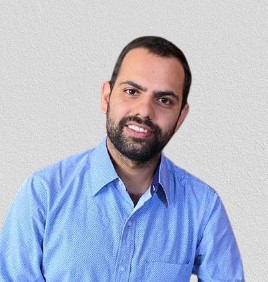
Bashudev Neupane, as a freelance consultant, has garnered extensive experience working with a diverse range of national and international governmental and non-profit organizations and is a highly accomplished environmental scientist with a Master’s in Environmental Science. His expertise and insights have been invaluable in developing sustainable practices and mitigating the effects of climate change. Mr Neupane is the driving force behind Chitro Nepal, Kathmandu, where they actively lead initiatives focused on media, technology, conservation and sustainable development.
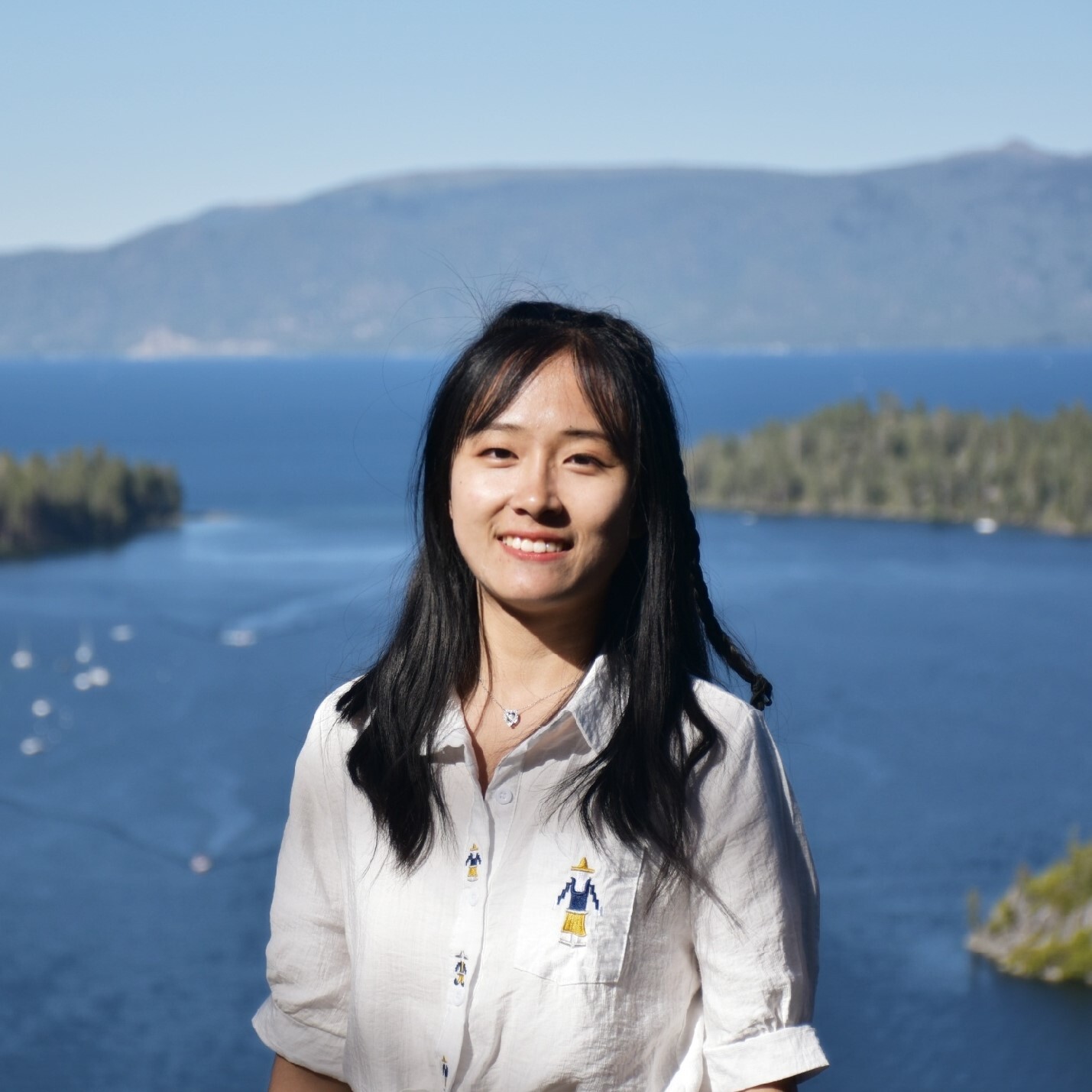
Emma Liu is a geophysics Ph.D. student at Stanford University. Her research interests lie in computational geoscience with a focus in glaciology. Her current research projects include investigating the role of basal topography in the transition from slow to fast glacier flows using numerical simulations, using GPU to parallelize the glacier solver, and building two-way coupling of macro scale glacier flow dynamics and micro scale grain size evolution. Liu graduated from BUAA with a B.S. in aerospace engineering and from Stanford University with a M.S. in Aeronautics and Astronautics Engineering. Liu is passionate about effectively bridging academic world with community through directly leveraging their needs in academic research. Outside of research, she enjoys classical music, nature, cooking, and crafting.
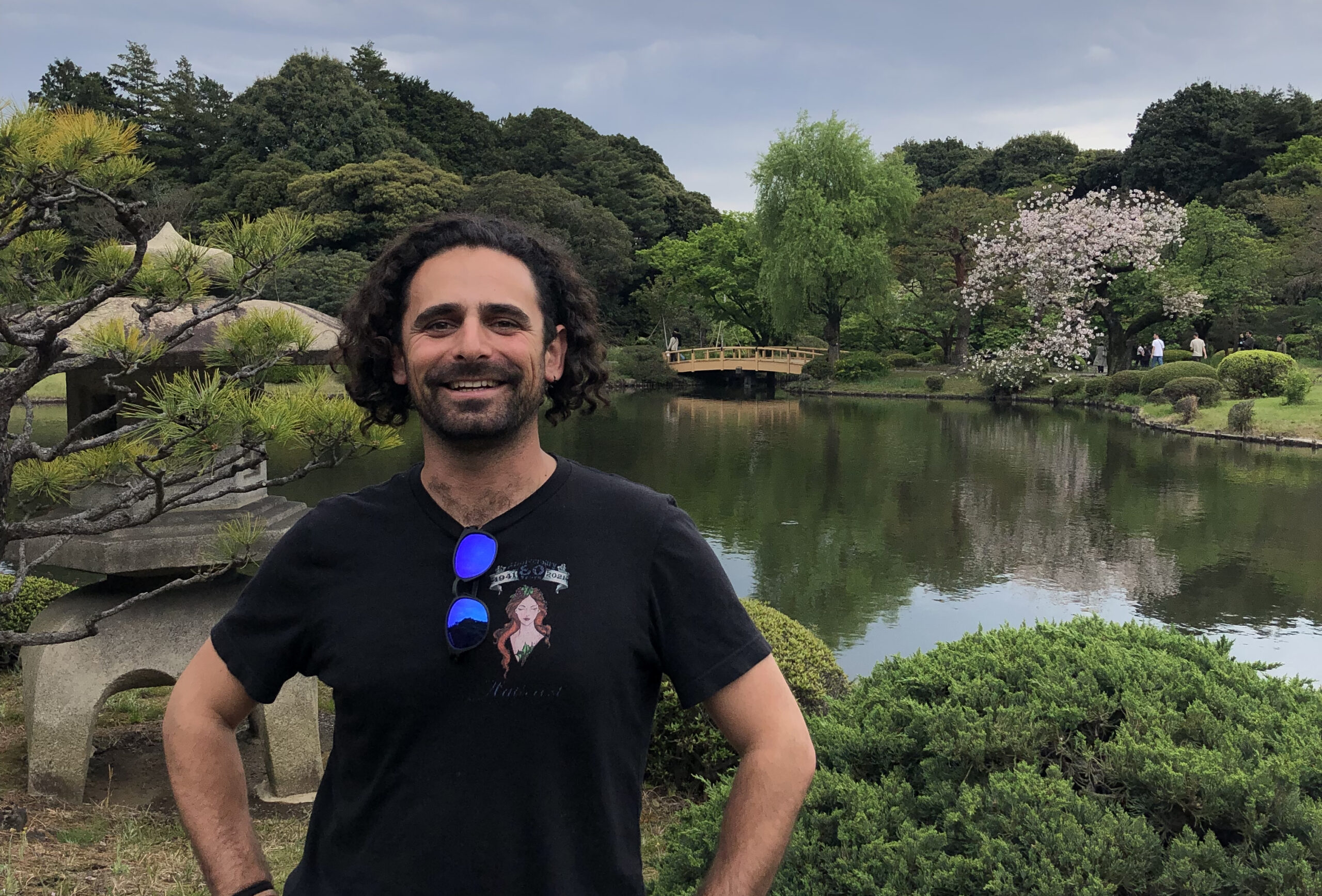
Gabriel Rosenstein has been supporting environmental work and community resilience in different capacities for most of the last decade. Some highlights include leading backpacking trips around Nicaragua’s volcanoes as part of a community ecotourism project; organizing conservation services projects in New Hampshire with disadvantaged high school students; strengthening fundraising operations and organizational racial justice initiatives at Rainforest Action Network and Earthjustice; supporting the Kofan and Waorani Nations of the Amazon Rainforest in efforts against harmful mining and oil extraction projects in their ancestral territories; working alongside members of the Shinnecock Nation of Long Island to study the reservation’s botany and the potential effects that traditional prescribed burning might have on plant communities; and participating in NASA’s DEVELOP program to identify zones of high wildfire risk and potentially effective locations for fire suppression efforts in the northern Bay Area. While originally a Spanish major at Dartmouth College, he later returned to school to study ecology at Columbia University. Later this summer, he will begin a new role with the Rose Foundation for Communities and the Environment working on grant making for environmental justice and restoration projects, with a particular focus on improving the health of California watersheds. He can also be found biking, hiking, surfing, and eating his way around California.
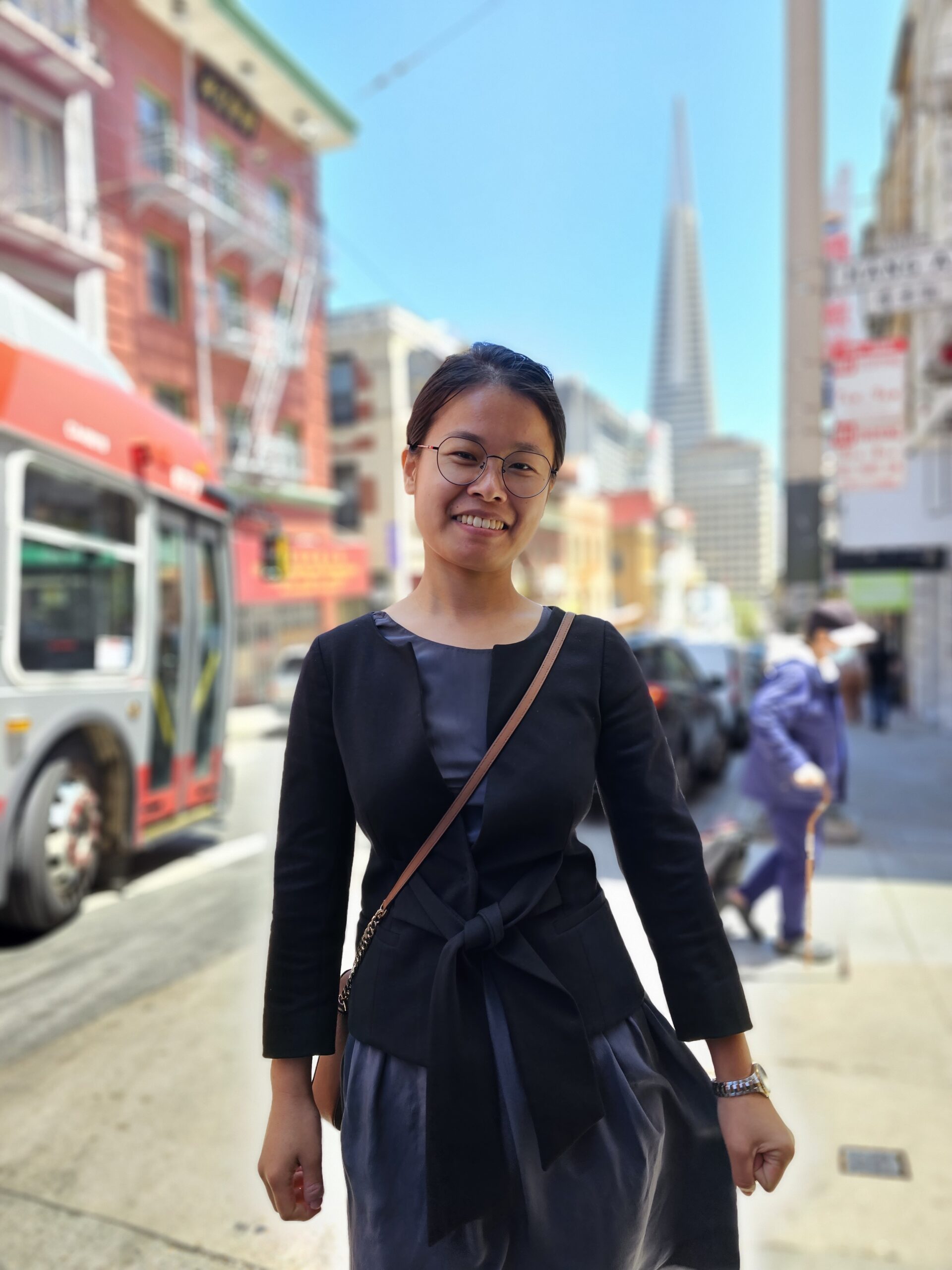
Han Ding is a passionate climate modeler with a strong academic background and a drives to make a positive impact in the field of climate science. I hold a B.S. and M.S. in Atmospheric Physics from Nanjing University of Information Science Technology, I am currently pursuing a Ph.D. candidate (supervised by Dr Hamish Gordon) in Mechanical Engineering at Carnegie Mellon University. My research focuses on high-resolution climate model development, aerosol microphysics and climate change.
Growing up in a small down impacted by air pollution for years, I have developed a profound concern for environmental injustice and a strong commitment to creating a more equitable and sustainable world, particularly for marginalized communities. I am determined to leverage my expertise and knowledge to address these disparities and contribute to the development of just and sustainable solutions. Outside of school, I love reading, photography, and engaging in conversations with people from diverse backgrounds.
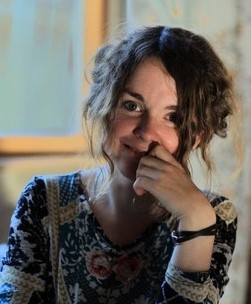
Liubov Tupikina is researcher with background in physics and computer science. She is working on complex systems, data analysis from environmental and technological systems. She also works with various aspects of citizen science and analyzes co-production data produced by communities to assess and assist their needs. She is working in Saclay as a computer science researcher. She was a fellow in Centre of Research and Interdisciplinarity (France), did her Phd in Potsdam Climate Institute (Germany) part of Marie-Curie European project.
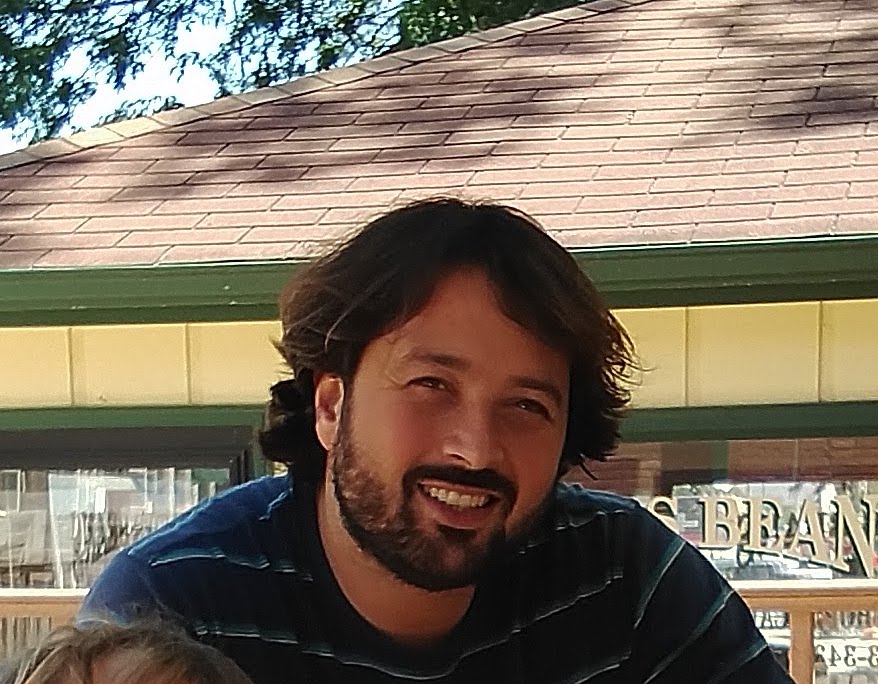
Nicolás Velásquez currently works as a researcher at the Iowa Flood Center (IFC), operated by the University of Iowa. Within the IFC, Nicolás is part of the development and evaluation team for the HLM model. Nicolás has developed and implemented various modules to represent subsurface artificial drainage, snow processes, and the development of parameterization methodologies. After his work at the IFC, Nicolás served as the leader of the Hydrology group in the Environmental Alert System of the Aburrá Valley (SIATA). In this role, Nicolás led the development of the Watershed Modeling Framework (WMF), a distributed hydrological model, and the implementation of different flood and fire alert systems. During this period, Nicolás worked on his doctoral thesis and also worked as a guest lecturer at different universities in Medellín. Additionally, Nicolás has experience as an independent consultant, working on hydrology projects in different regions of the country.
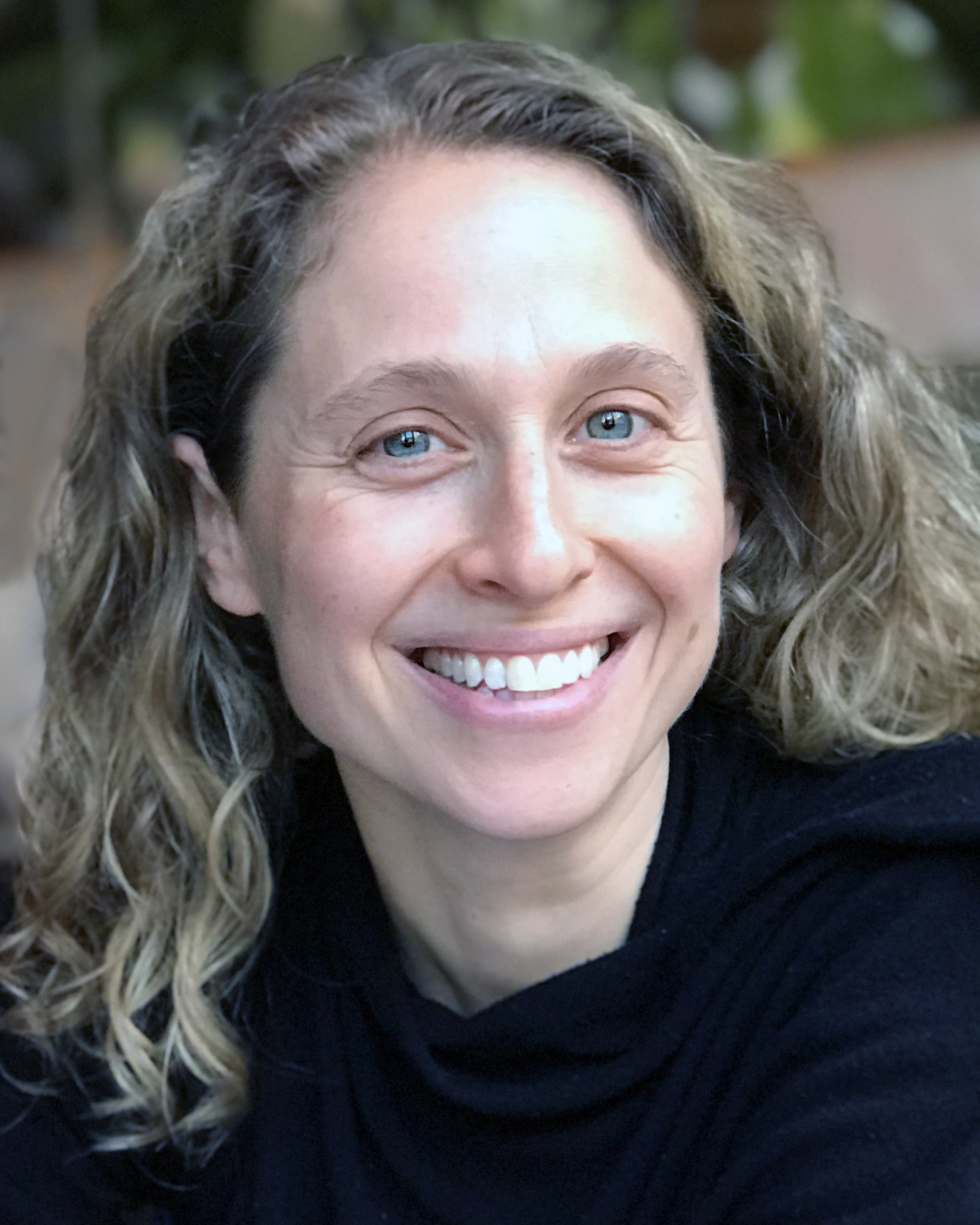
Michelle Roos has served as the Executive Director of the Environmental Protection Network (EPN) since 2018. She has over 25 years of experience in project management and environmental protection. She has directed high-level projects, organized conferences and work groups, and spearheaded major environmental initiatives. Michelle has a Bachelor of Science in Engineering from Duke University and a Master in Public Affairs from Princeton University and lives in New York.
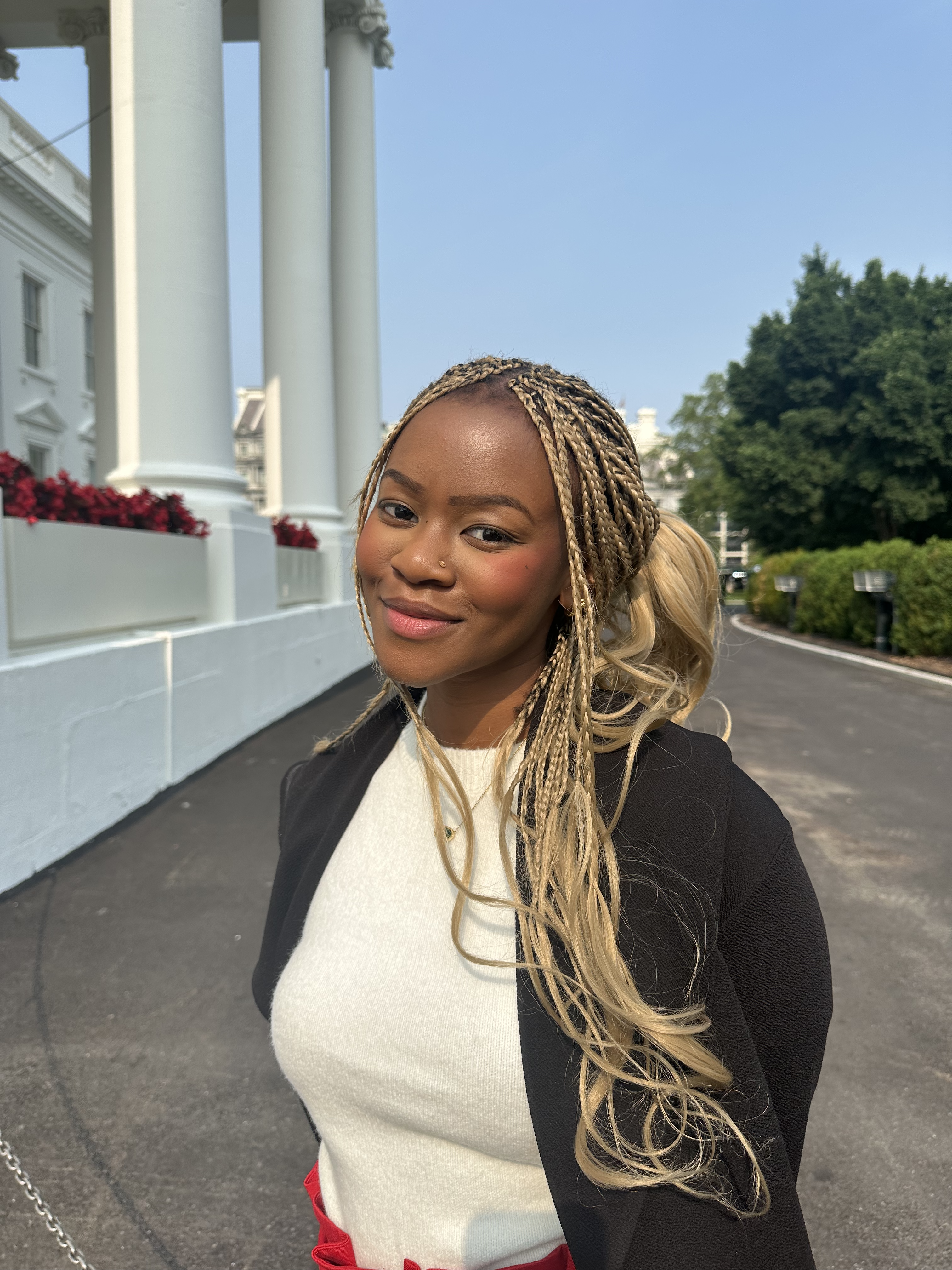
Mitchelle Mukeli is an educator turned environmental advocate based in Houston, Texas. She currently works as a Community Outreach Associate for the Environmental Protection Network (EPN) and concentrates on creating new and deeper connections between communities of color and low-income communities in EPA Regions 6 & 8. In her daily work, she works with communities combatting environmental racism, including but not limited to those dealing with lead in water, petrochemical facilities, and land restoration.
Mitchelle graduated from The University of Alabama with a Bachelor of Arts in International Relations and a minor in Arabic. She is most passionate about creating and engaging in spaces that foster community, create solidarity, and advocate for social justice, particularly for communities of color. Her interest in the environment stems from an understanding of the intersectionality that exists between environmental issues and other societal injustices. Prior to her role at EPN, Mitchelle served as a public school teacher with Teach for America, where she advocated for educational equity.
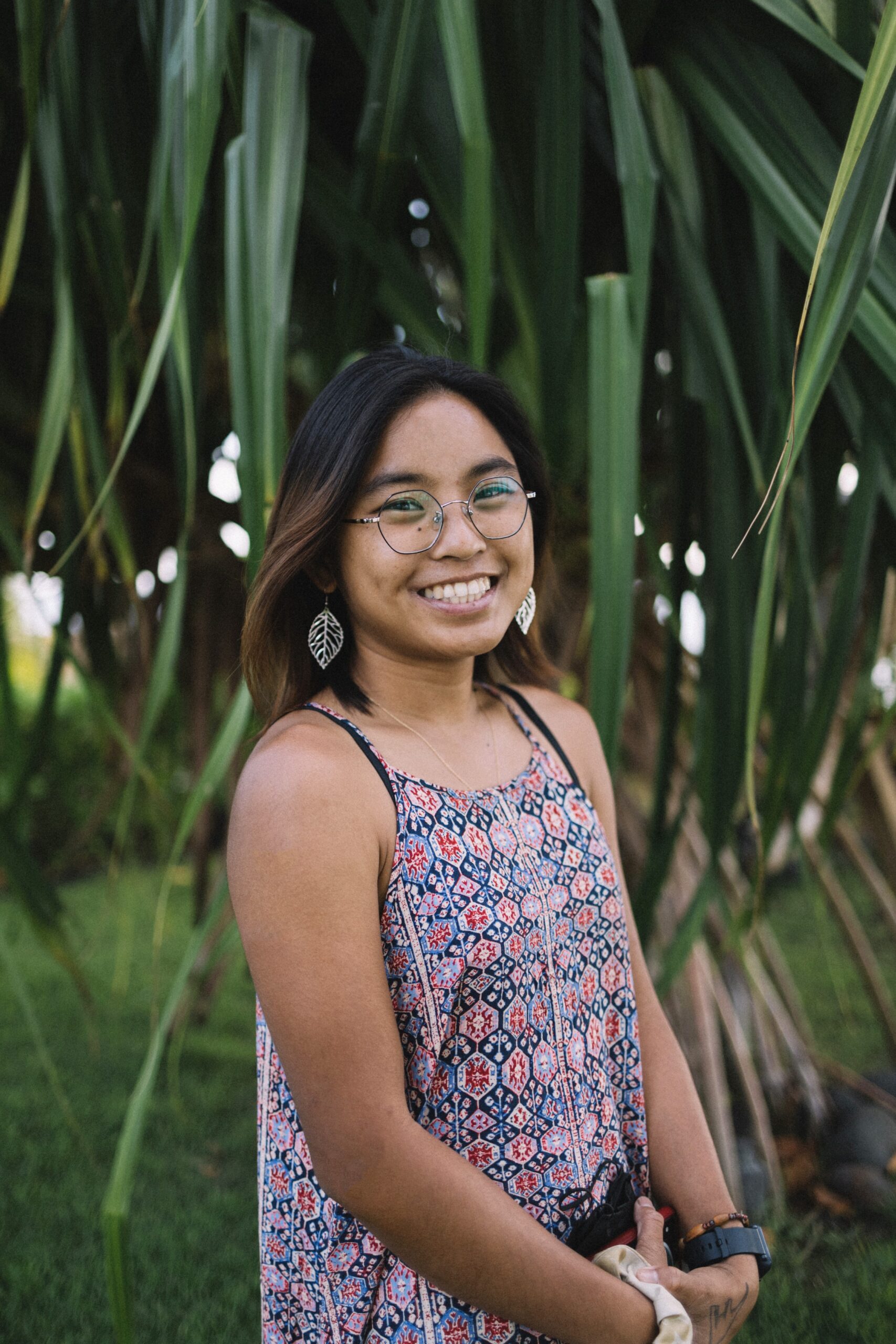
Richelle Moskvichev (she/her) is an early-career researcher with the Climate Resilience Collaborative at the University of Hawaii Manoa, specializing in coastal erosion, numerical modeling, and remote sensing. Born and raised in Kapolei, Hawaii to an immigrant Filipino family, she currently works remotely in Santa Fe, New Mexico. With a Bachelor’s degree in Physics and a minor in Computer Science from the University of Oregon, Richelle’s research experience spans diverse fields, including iceberg GPS tracking, NASA airborne research, and exoplanet astronomy. Inspired by the intersections of science, conservation, and the natural world, she is passionate about understanding and addressing the impacts of climate change. In her free time, Richelle enjoys pottery, painting, learning Russian, volunteering, and embarking on hiking adventures with her dog.
Stacy Armbruster bio and headshot coming soon
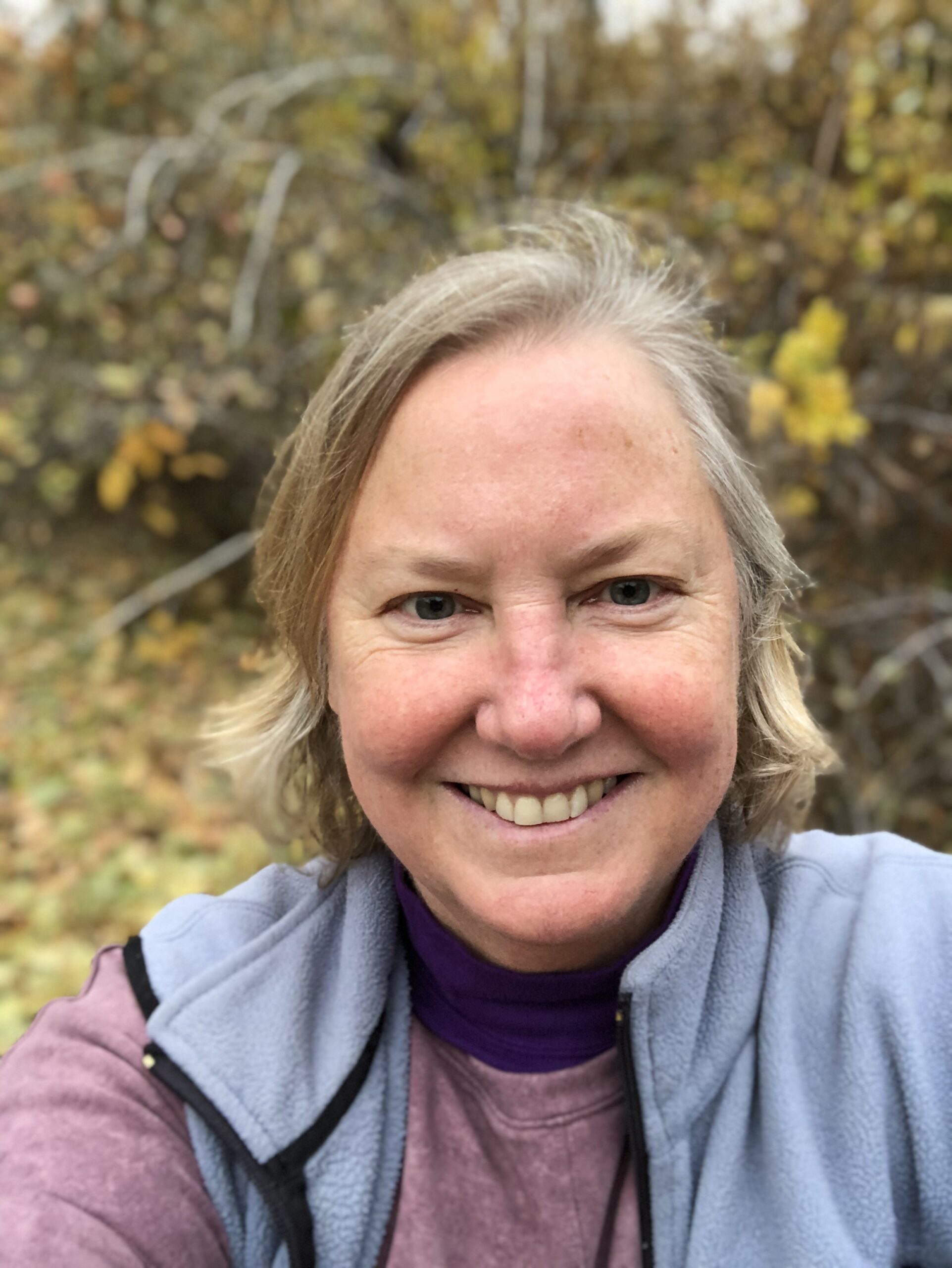
Suzanne M. (Suki) Smaglik (her/ella) is a geochemist who lives in east-central Washington state and is currently teaching chemistry at Yakima Valley College (a Hispanic Serving Institution) and geology at Laramie County Community College Online. She has a BA in Chemistry and Geology from Beloit College, a MSc in Geochemistry from the Colorado School of Mines, and is ABD at the University of Hawai’I – Mano’a in Geology and Geophysics. Her research interests have taken her from the some of the oldest volcanic rocks in the world (Minnesota & Wyoming) to recently erupted volcanic rocks on the ocean floor (near Easter Island). Having spent the last 22 years teaching at community colleges, she has become a generalist and has moved her focus to climate change, water, and human interactions. She enjoys doing science education outreach and volunteers with several local organizations. She also mentors early undergraduate research projects with a variety of topics. In her free time she likes to read, cook, camp, hike and forest bathe with her dogs, or snuggle with her kitties.
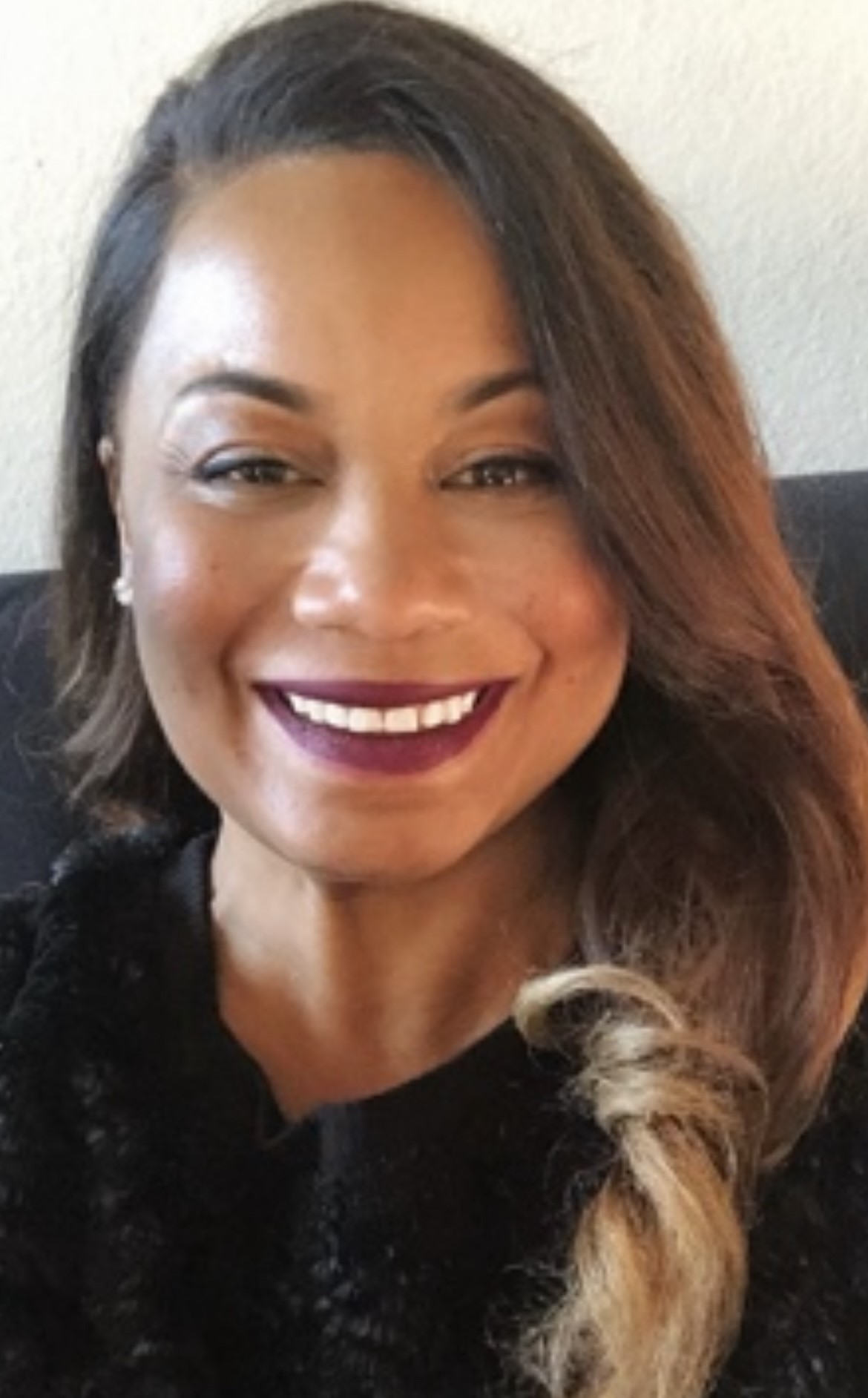
Tahara Coleman is a fall 2023 University of San Diego Ph.D. student enrolled in the Education for Social Justice program. She graduated from Texas Woman’s University’s Multicultural Women and Gender Studies M.A. program and holds a B.S. in African American Studies from Eastern Michigan University and a B.A. in Human Rights and Social Justice from Arizona State University. Her research emphasizes social justice, women of color, activism, climate change, environmental justice, disability studies, and educational prison reform. Tahara’s honors include a TWU Urban Fellowship, a Don Lavoie Mercatus Center at George Mason University Fellowship, an ASU New College Scholarship, and the Honor Society of Phi Kappa Phi. In addition, she belongs to the American Historical Association, the National Women’s Studies Association, the Association of Black Women Historians, the Human Rights Campaign, the Black Feminist Future, and the National Colored Women’s Association. She has conducted presentations on: “Black Women’s Agency, COVID-19, & Transformative Call to Action”, at Northern Arizona University Conference 2022; and “U.S. Environmental Racism and Reproductive Justice are Intersectional to Black Women’s Health Inequalities”, Northeastern Graduate Conference, 2022. In addition, she enjoys family and activism in her spare time.
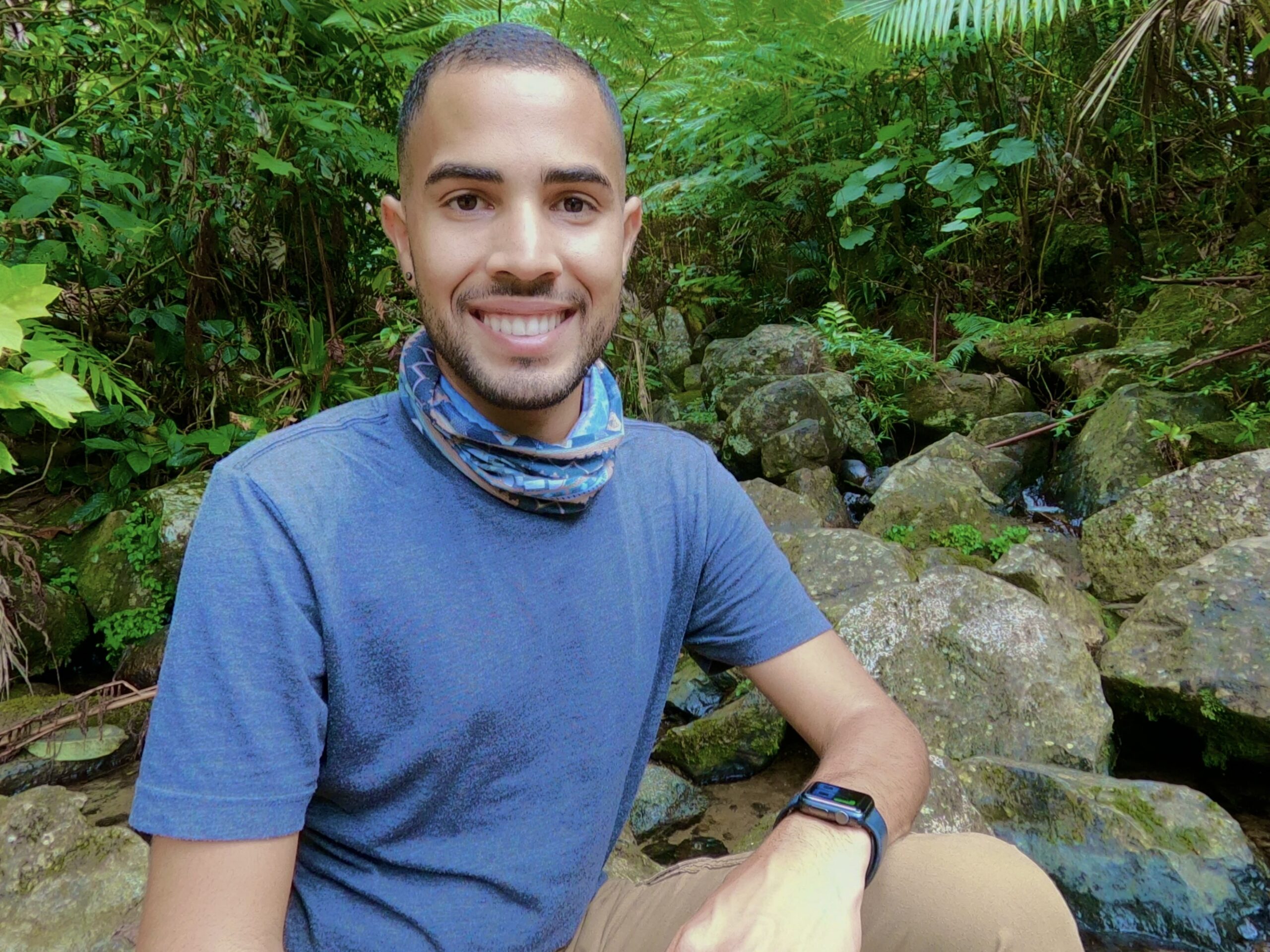
Wesley X. Torres-Pérez (he/him) is a stream ecologist and environmental scientist studying how stream ecosystems respond to emerging contaminants in the tropics. Wesley received a B.S. in Interdisciplinary Science from University of Puerto Rico Río Piedras Campus in San Juan, where he became interested in the effect of urban development on water quality and macroinvertebrates communities.
Wesley earned his MS in Environmental Sciences from the University of Puerto Rico Río Piedras Campus. His research evaluated the effect of pesticides contamination on tropical freshwater shrimp. Wesley research experience included identification of emerging contaminants, population status of freshwater shrimp in urban and forested streams in Puerto Rico, and preference and ingestion rates by tropical shredder shrimp. He is currently an environmental educator within natural protected areas at Para la Naturaleza, a non-profit organization that integrates society in the conservation of its natural ecosystems.
